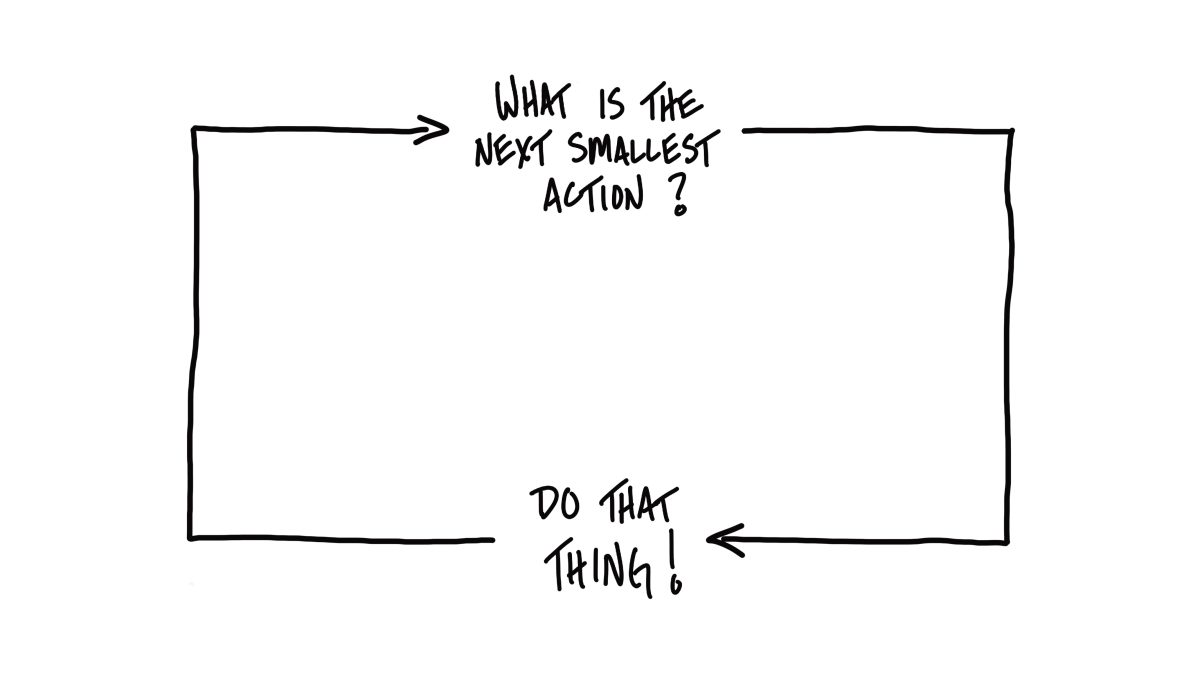
Is it worth paying a wealth manager?
October 14, 2021“Smart Spending in Retirement” on MoneyGeek.com
December 3, 2021
“Experiments are antidotes to discouragement.” – Dr. Moira Somers
Perhaps you know someone like this. He or she is looking at the end of full-time work and grappling with the looming questions. Things like How much can I spend? and Where is the income going to come from? He does a gut-check and feels the discomfort increase when he asks himself: How am I going to fill my time?
So, he picks up one of the books on the crowded shelf of How to Retire and finds tips for figuring this out. Let’s say he tries the “Get-A-Life Tree” exercise from Ernie Zelinski: draw a circle and three branches that extend from it. “The circle is you. The three branches are activities that turn you on now, activities that turned you on in the past (but you have stopped doing) and new activities you have thought of doing but haven’t done yet.”
This is a satisfying moment when he can see the possibility of days filled with fun and purpose. And then he stops. Worries. But how could that work? Because it doesn’t coordinate with how his partner is answering that question.
My work with clients on the financial solutions to How Much? and From Where? begins with listening. I often ask couples “What was money like growing up?” Many times, when couples share these stories with me, they turn and say something like, “I never knew that!” or “I guess this explains why we think about money so differently!”
Our money stories begin early in life and influence our money behaviors, expectations, and decisions. They’re formed by direct messages (like my Depression-era mom who wouldn’t throw any food away . . . not even brown lettuce). And indirectly from friends, family, neighborhood, church, peers, television (such as hopping in the car with a cooler and tent and taking a camping vacation when I was a kid).
Partners coming from different backgrounds with different experiences are bound then to bring to their relationship different money stories. This is a source of tension for some couples before retirement, and the pressure release valve can be found in having individual domains, whether its dual careers or work outside vs. inside the home.
With retirement this solution can seem untenable—don’t we need to iron this out, get on the same page? One wants to travel and take in all the sights, smells and adventures that have only been viewed from the TV screen during years of toil while the other wants to dwell at home, finally available for grandchildren time and hanging out with friends that the workday didn’t allow.
These different directions express two mindsets that show up around money and can be represented by a traffic light. Whatever the topic—insurance, what to invest in, how much to keep in cash—Red Light is focused on prevention: fearing loss, the goal is to reduce risk, get to safety, avoid regrets. Green Light is focused on promotion: hoping for gain, the goal is to create more, experience new and grow.
What I enjoy is to help clients past the impasse of Yellow Light. Unable to see the course where each drives at their preferred speed, the unhappy compromise is to dull the dreams each yearns to pursue. These guided explorations are not the dreaded meetings people have with their financial advisor, the ones documented in studies that conclude it’s common for couples to get into the car after their appointment and fight about money. Couples get discouraged from a conversation that seems to be on repeat, a “Groundhog Day” between their worldviews.
Instead the focus is on what I call “lighting the torch,” exploring what is essential for each to have in a life they love, and then for each to listen to their partner not with “I don’t like this,” “that’s not what I thought they wanted,” “how do I fit into this picture?” but to really listen for what matters to the other person. A guiding light for weaving the two together is to recognize that if you get everything you want but you don’t have a fulfilled partner, you won’t be happy.
One of the ways to successfully weave this tapestry is experimentation, which can loosen the grip on old ways of doing things. Take time to explore without the pressure of “getting it right” and build in buffer room. Allow the possibility to adjust course—meaning make as few permanent decisions in the beginning as possible and see it as a period of experimentation and practice.
When you are exploring your options, map out the various scenarios. What challenges might come up? For example, your home might become too big or expensive to maintain. Consider your alternative responses: look at some senior living communities and identify the top three you’d consider if that becomes your most suitable living situation. Look at options for downsizing.
Couples who fail to clarify their financial situation and what really matters in the life they love have a hard time taking the next step, which is to articulate the scenarios that concern them and develop strategies to respond. This leaves them tense about the inevitable uncertainty that comes with aging. The remedy for this discouragement? Take an experimental step.
